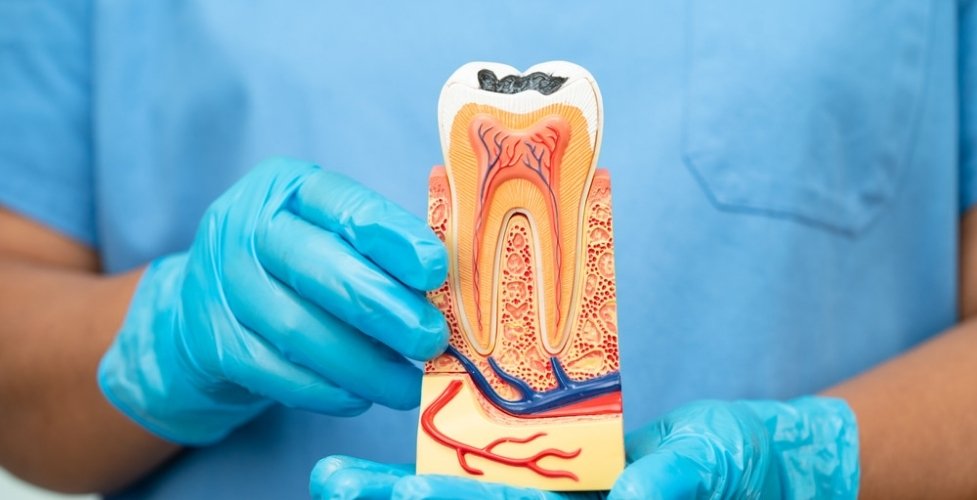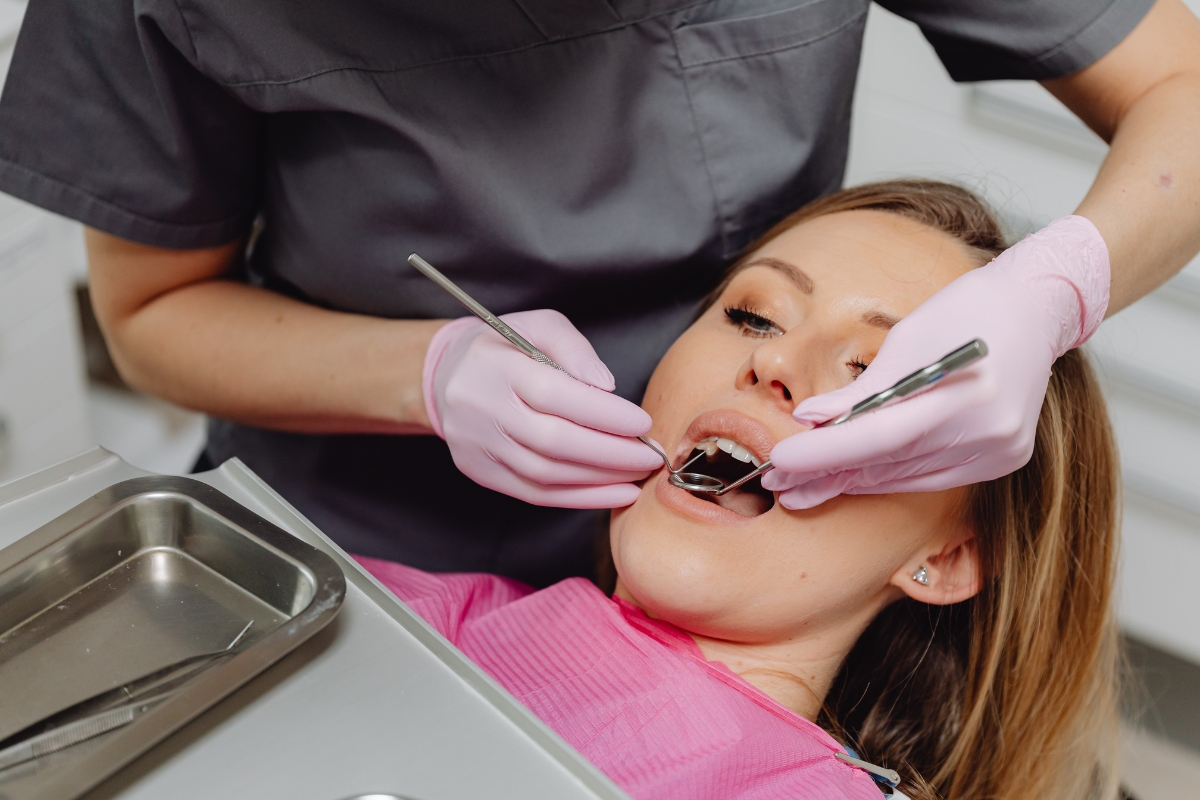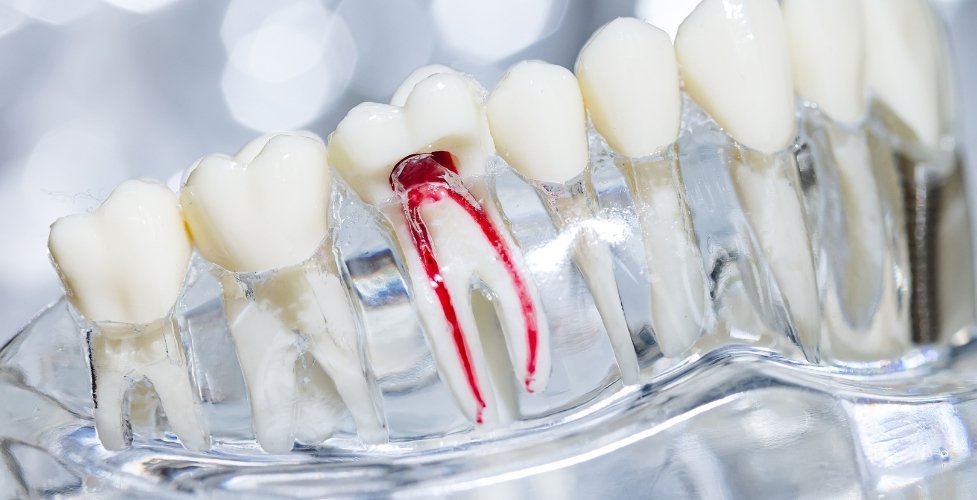3609 Jamison Way Castro Valley, CA 94546

Root canal treatment is one of the most well-known and successful dental treatments for treating extremely decayed and infected teeth. Here, the dentist removes the infected pulp and cleans the root canals of your teeth.
However, there are instances when an infection develops after a root canal treatment. Is this rare? No. Is this curable? Yes.
Treating an infection after a root canal is absolutely possible with the right steps and professional guidance.
Why do Infections Occur After a Root Canal?
Do you know when an infection can occur after a root canal?
Here’s a brief information on that:
- Residual Bacteria
After your dentist cleans the tooth’s canals, it is possible that a small amount of bacteria still remains there. From this small amount of bacteria, your root canal can get infected.
- Incomplete Sealing
If you are getting a filling or crown, ensure it fully seals your tooth. Or else, the bacteria can get easy entrance to your tooth’s root and cause an infection.
- Deep Gum Infection
If some area of your gum is already infected, it is possible that the infection spreads to the surrounding teeth. This can compromise the success of your root canal treatment in Castro Valley.
- Complex Root Structure
If you have teeth with multiple or curved root structures, it can be difficult to reach some bacteria in the far-reaching areas. This increases the chances of infection.
- Cracked Tooth
If your treated tooth is cracked somewhere, the bacteria will get another chance to re-enter. This compromises the success of your root canal.
How To Know If Your Root Canal Is Infected?
Watch out for these signs to know if your root canal is infected:
- Continuous Toothache
If your tooth continues to pain after a root canal procedure, this can be a sign of further infection. The pain can be mild at the initial stage and later convert to a throbbing ache.
- Persistent Swelling
If you notice swelling in the gums or face near the treated tooth, that can be a symptom of infection.
- Increased Sensitivity
You can be more sensitive to hot and cold food if your root canal is infected. This makes it more difficult to consume food or liquids.
- Bad Breath
A bad odor from the treated tooth can be another sign of an infection. When the bacteria release toxins in your mouth, it can lead to foul breath.
- Discharge or Pus
If you see pus coming out of your treated tooth, this can be a symptom of a root canal infection.
How to Treat Infections After a Root Canal?
Here are some treatment options for an infected root canal:
- Antibiotics
In most cases, the first line of defense for many dentists is antibiotics. They will prescribe you a specific dose of medications. This medicine will target the infection-causing bacteria. Remember you need to complete the course for good results.
- Root Canal Retreatment
When the antibiotics do not work, your dentist suggests a retreatment. Here, the dentist reopens the tooth, removes any infected tissue, cleans the canals again, and removes the tooth with new filling materials.
- Apicoectomy
This is suggested when a root canal retreatment is not possible. Here, the dentist removes the tip of the tooth and resolves the infection.
- Tooth Extraction
In extreme cases, when there is no chance of retrieving the infected tooth, surgery is performed to extract the tooth completely. This is done to make sure the infection does not spread anywhere.
You can prevent the infection from spreading by maintaining oral hygiene. Brushing and flossing ensure your mouth remains clean and no bacteria enter your teeth.
Do you want more information on this? Contact our dental office today.






